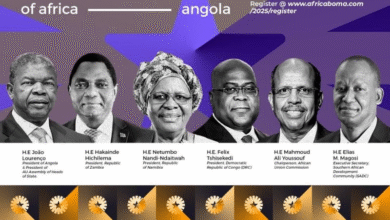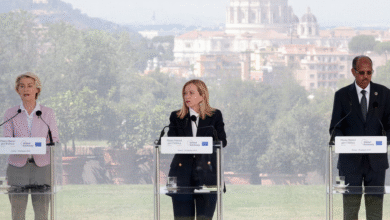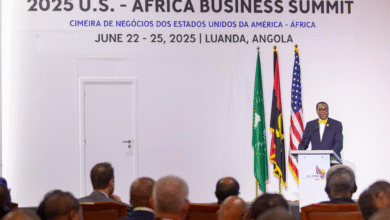During the vote of confidence he had himself requested the Tunisian Prime Minister Habib Essid, was disavowed on Saturday night by the Assembly of People’s Representatives (ARP), by a final score of one hundred eighteen against and three votes in favor. The head of state must appoint a successor before the end of the week. He will have one month (renewable once) to propose a new government.
On the one hand, this democratic exercise is a first since the entry into force of the new Constitution of 26 June 2014 and even in the Tunisian political history. On the other hand, this is an expression of the difficulty to govern Tunisia in an unstable political configuration.
« Catastrophic economic results »
In January 2015, Habib Essid’s experienced and non-political profile, seemed suitable to lead a government supported by a coalition of four parties, two main competing forces: Nidaa Tounes, winner of the elections, and Ennahda, the Islamist party.
This formula had the disadvantage of its advantage: the Prime Minister whose working method was marked by the administrative culture, had no authority over the majority parties. The government was slow to deliver the expected results, including to provide decisive solutions to problems that weaken the Tunisian economy: including the blocking by the social conflicts of phosphate production, which recorded a shortfall of 5 billion dinars since 2010, the generalizations of corruption, or the development of the informal economy linked to the smuggling from Libya and Algeria, which now accounts for over half of GDP. « Habib Essid has not completed more than 10 or 15% of its program. The economic result is catastrophic, « complains Sofiane Toubel, parliamentary leader of Nidaa Tounes.
Wishing a new dynamic, the head of state Beji Caid Essebsi, announced on June 2 that he wanted the creation of a national unity government. This announcement took everyone by surprise. Nine political parties and three professional organizations (UGTT for employees, UTICA for the employers and UTAP for farmers) signed on July 13 at the Presidential Palace, the « Carthage Agreement« , after a month of negotiations to redefine the priorities of the next government. A document from which we can barely distinguish the difference with the outgoing government program.
Habib Essid sacrificed
Considering himself sacrificed to political considerations in an initiative that goes beyond the powers of the president, Habib Essid wanted to respect the letter and spirit of the Constitution and seek the Parliament’s trust. On this occasion, he defended his record: « Unlike what is being said, our government has a real program and clear visions. The fight against terrorism was, of course, our priority. We managed our bet in the fight against rising prices, « he stressed in particular.
He also lamented the timing of this initiative which introduces uncertainty to the top of the state: « The context is not favorable nor on the security level, nor socially. Economically, we began to see signs of recovery. This initiative may have counterproductive effects. » He also attributed the difficulty to advance reforms to the divisions of Nidaa Tounes, unable, he said, to provide political support and parliamentary work efficiency of the government.
Squaring the circle
Reacting to Habib Essid’s offensive speech, Habib Khedder, Ennahda MP, said that « it’s a little late to change the tone. The most important now is to return to the spirit of the Constitution of 2014 and to have a real head of government, not a single executing the decisions of the President of the Republic. » However, for the creation of a national unity government, Beji Caid Essebsi wished to accentuate the presidentialization of the executive operations.
The choice of the new head of government will have to square the circle: « We need a semi-political, semi-technocrat profile, » says Sofiane Toubel. A rare gem able to prevail politically, but not partisan, nor thwart the presidential ambitions of the head of state. The balance of the new government must also satisfy not four, but nine political parties and three labor unions.
Skeptical of the value of the presidential initiative, Samia Abbou MP of the opposition (Democratic movement) denounces: « The so-called national unity government can only pursue the same policy as the government that preceded. In reality we are governed by two people, Beji Caid Essebsi and Rached Ghannouchi [the president of Ennahda, Ndr], who serve primarily the interests of their families and mafia clans that support them and seek to monopolize the State, to replace the system of Ben Ali. »
By Thierry Brésillon







